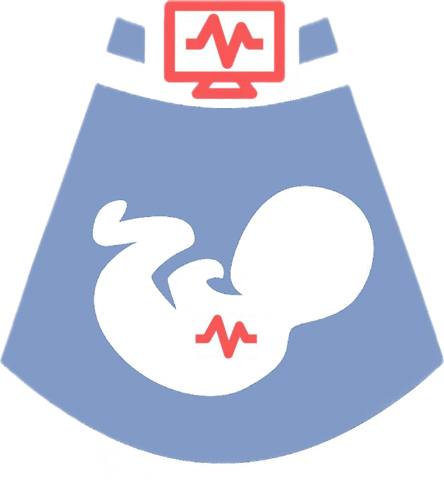SAVE FGR STUDY MATERIAL
On this page you will find all important information and links to essential study materials of the SAVE FGR study.
- Animation Videos
- Presentation
- Summary
- Study Protocol
- Participating centers
- Practical Protocol
- SAE Form
- Nemo Fetal Monitoring System
- Castor
- Doppler Learning
- Placenta biopsy instruction
- FAQ's
This presentation can be used as training or as a reference for colleagues who will be carrying out study activities for the SAVE FGR study.
Dutch (version May 29th, 2025)
SAVE FGR is a multicenter stepped wedge cluster randomized clinical trial in women with singleton pregnancies between 24 and 32 weeks of gestation with eoFGR (abdominal circumference or estimated fetal weight <p10 AND umbilical artery pulsatility index >p95) with an indication for fetal monitoring by CTG and delivery at signs of hypoxia.
In the control period of each center, fetal monitoring by CTG is done with visual evaluation of the CTG. In the intervention period, visual evaluation is supported by STV analysis of the CTG, and delivery indicated if the STV is <3.5 ms (<29 weeks gestation) or <4.0 ms (29-32 weeks gestation).
Recruiting centers will be in the Netherlands, Belgium and Denmark, with an intended sample size of 800 participants.
Primary outcomes are perinatal death and neurodevelopmental impairment at two years of corrected age, based on the Ages and Stages Questionnaire. Secondary outcome measures include delivery characteristics, maternal health, neonatal morbidity and neurodevelopmental impairment assessed until two years of corrected age.
This study will provide insight if the STV in the timing of delivery in fetus with pregnancies complicated by eoFGR improves both perinatal and neurodevelopmental outcomes until two years of corrected age.
[available as soon as published]
The Netherlands
- Amsterdam University Medical Center, Amsterdam
- University Medical Center Groningen, Groningen
- Erasmus Medical Center, Rotterdam
- Isala, Zwolle
- Maastricht University Medical Center+, Maastricht
- Radboud Universty Medical Center, Nijmegen
Belgium
- [preparation phase]
Denmark
- [preparation phase]
Poland
- [preparation phase]
Please find the practical protocol for an overview of the study aims and study procedures.
Version 1.7, 11-02-2024: practical-protocol-save-fgr-v1.7-11102024
Version 1.0, 26-05-2025: sae-form-save-fgr-version-1.0-dd26-05-2025_ozb
Practical manual for the use of the Nemo Fetal Monitoring System during the SAVE FGR study.
Dutch, version 1.2, 20-05-2025: nemo-save-fgr-manual-nl-1.2-20052025_p
Instruction video for the upload of the signals of the Nemo Fetal Monitoring System during the SAVE FGR study.
Dutch, version 1.0, 29-08-2025:

